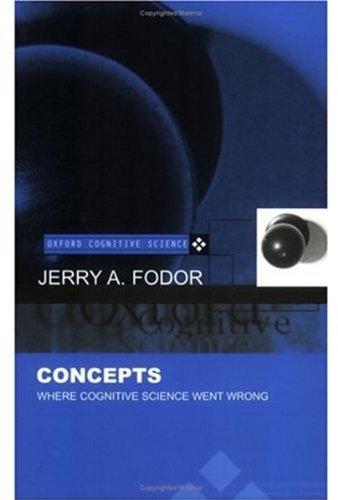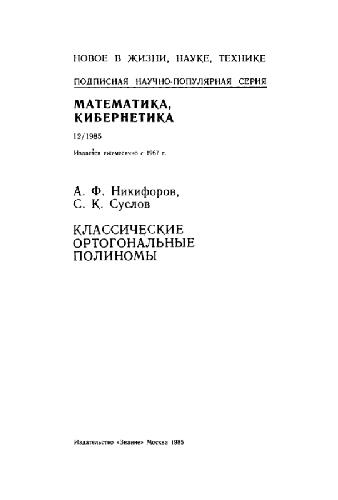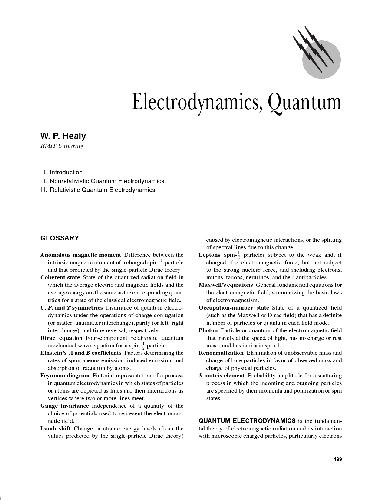Jerry A. Fodor9780198236368, 0198236360
Oxford Cognitive Science Series General Editors: Martin Davies, Wilde Reader in Mental Philosophy, University of Oxford, UK, James Higginbotham , Professor of General Linguistics, University of Oxford, UK, John O’Keefe, Professor of Cognitive Neuroscience, University College, London, UK, Christopher Peacocke, Waynflete Professor of Metaphysical Philosophy, University of Oxford, UK, and Kim Plunkett, University Lecturer in Psychology, University of Oxford, UK The Oxford Cognitive Science series is a forum for the best contemporary work in this flourishing field, where various disciplines – cognitive psychology, philosophy, linguistics, cognitive neuroscience, and computational theory – join forces in the investigation of thought, awareness, understanding, and associated workings of the mind. Each book will represent an original contribution to its subject, but will be accessible beyond the ranks of specialists, so as to reach a broad interdisciplinary readership. The series will be carefully shaped and steered by the general editors, with the aim of representing the most important developments in the field and bringing together its constituent disciplines. About this book The renowned philosopher Jerry Fodor, who has been a leading figure in the study of the mind for more than twenty years, presents a strikingly original theory of the basic constituents of thought. He suggests that the heart of a cognitive science is its theory of concepts, and that cognitive scientists have gone badly wrong in many areas because their assumptions about concepts have been seriously mistaken. Fodor argues compellingly for an atomistic theory of concepts, deals out witty and pugnacious demolitions of the rival theories that have prevailed in recent years, and suggests that future work on human cognition should build upon new foundations. This lively, conversational, accessible book is the first volume in the Oxford Cognitive Science Series, where the best original work in this field will be presented to a broad readership. Concepts will fascinate anyone interested in contemporary work on mind and language. Cognitive science will never be the same again. |
Table of contents :
PREFACE……Page 7
CONTENTS……Page 11
ABBREVIATIONS AND TYPOGRAPHICAL CONVENTIONS……Page 12
Philosophical Introduction: The Background Theory……Page 13
Unphilosophical Introduction: What Concepts Have To Be……Page 35
The Demise of Definitions, Part I: The LinguistÌs Tale……Page 52
The Demise of Definitions, Part II: The PhilosopherÌs Tale……Page 81
Prototypes and Compositionality……Page 100
Innateness and Ontology, Part I: The Standard Argument……Page 132
Innateness and Ontology, Part II: Natural Kind Concepts……Page 158
BIBLIOGRAPHY……Page 179
AUTHOR INDEX……Page 185 |







Reviews
There are no reviews yet.